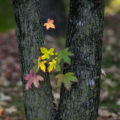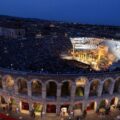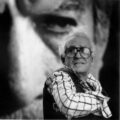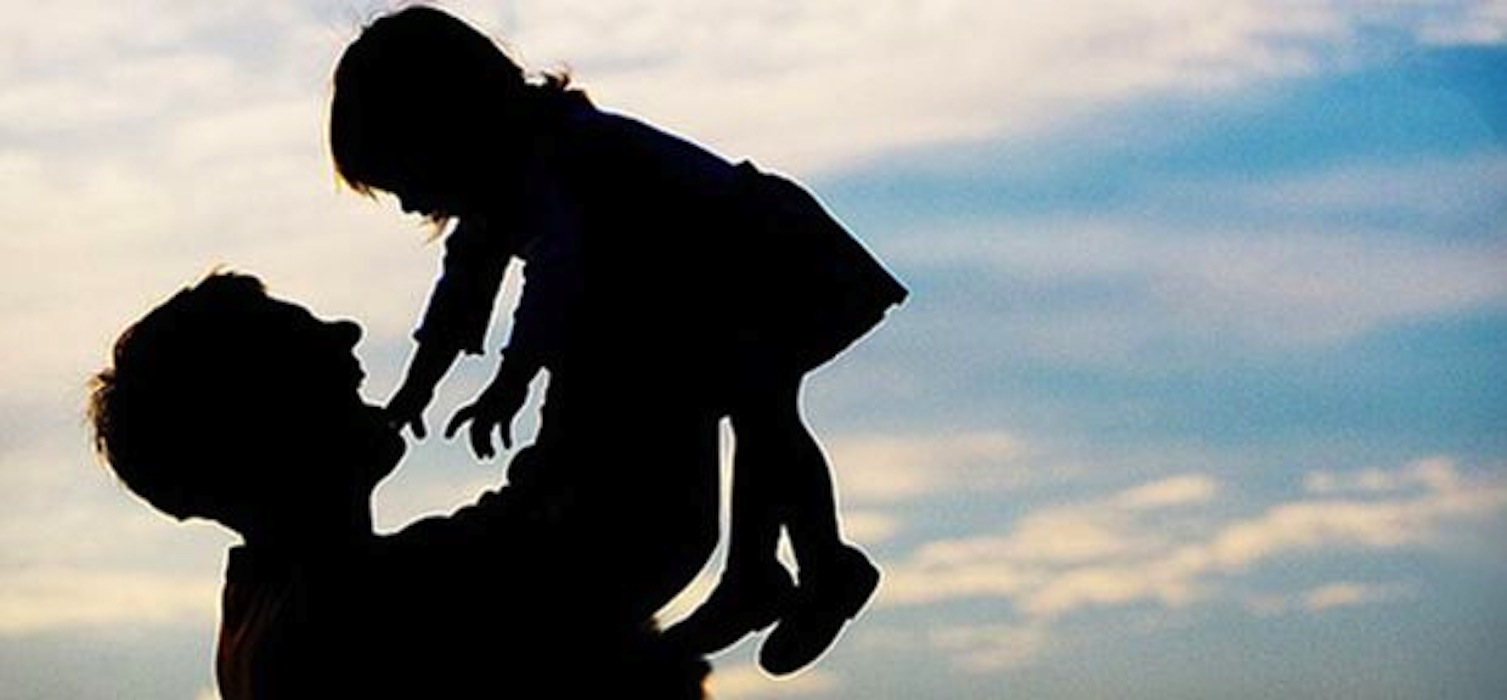March is a particular month for the AbanoRitz, not chosen by chance by Terry & Ida Poletto to be dedicated to a dream, a project, a reality: the realization of Super 8, which we invite you to discover, week by week.
Let’s start by Raffaele Riba, class 83, curator of Scrittorincittà and teacher at the Holden School. Here as coordinatorof the authors, it is right him to indroduce us the Super8 world with
“Benvenuti Welcome Willkommen Bienvenus”:
Our parents never took us to hotels when we were children. Except for once. Our holidays used to be planned around going camping in campsites equipped with family size tents, caravans, bungalows or, when free, we rented a summer house of some family friends. It was a little small (there were five of us) but it was suitable, since in the evenings, along the sea-front, there used to be stalls selling luminous bracelets, coin-operated rides, candy floss carts and other colorful junk. This way hotels have always remained hotels for me, wrapped up in that elegant haughty air, which, at that point, I had never breathed but could only imagine. And how I imagined hotels! I saw the hotels in the people coming to the beach, those who ate there, slept there and would return there later to get ready for dinner. Who knows what it felt like to see them from the inside? Judging from the relaxed calm faces of those people, hotels were fairly good places, less cramped than ours. Not to mention the fact that, (I was thinking mostly about the first and last days) to reach there, those people had travelled without having to load the car with bags full of sheets, towels, supplies and a whole range of knickknacks whose volume was anything but negligible. There were five of us and because of the luggage needed for two weeks, our car resembled a bus which had gone through a crusher. The only time that we had a holiday (four days) in a hotel, I was nine years old. That time, as a matter of fact, our car looked empty. Back then, my father was having sinus problems, so we went to stay in a geothermal area beyond the valleys where I was born and raised. We booked half board and I shared a room with my younger brother, my sister and my grandmother. She had come along with us because, while my parents were doing their treatments, we could go for a walk together and she could buy us coffee ice-cream; « To be eaten slowly, please! » Everything was wonderful to me. I could not even say what I liked the best, whether it was the fact that you got up and went down to a restaurant where breakfast was already served – all you had to do was eat it – or that you didn’t have to set and clear the table, or maybe that you slept in sheets which were always fresh and sweet-smelling. I remember telling the woman in the grocer’s shop, while she was handing over my ice-cream, that yes, we were staying at a hotel. My first hotel was nothing special, yet I thought about it quite often, and about the cook, a man with a nicotine stained moustache, who I thought I had made friends with because one evening he stayed and chatted with me. Although he was within driving distance from our house, I never found them again, neither the cook, nor the hotel. So, at the age of nine I officially fell into that group of people who I used to look at with curiosity and a bit of envy. Nonetheless, that experience was not enough for me to have a clear idea of that specific kind of accommodation, where everyone became lords and ladies, a kind of accommodation where a sort of democracy of care and respect was established. A kind of place where you could be a child, a commercial traveler, or an artist seeking peace or even somebody who is treating their sinusitis, if you will. Lodging means being many different people at the same time, whoever you want, surrounded by other people who, while having dinner at a nearby table, you imagine in turn they might be other characters, and then other ones and then other ones again, as in rising exponentially until reaching all the cases in which life declines. That sort of suggestiveness could not just have been mine – I thought every time I came across a hotel through the stories I had started “frequenting”. This is how, my idea of hotels gradually formed layers, acquired new pieces of the puzzle and became sharper and more distinct. When I grew up, hotels, apart from being the distant memory of a building close to Cuneo which I could not remember where it was (but then again why didn’t I ever ask my parents?), became Hopper paintings or A perfect Day for Bananafish, the first of Nine Stories by J. D. Salinger, or Hotel Savoy by Joseph Roth. Literature and experience had fused together and mythicised, while creating The Hotel. Then, suddenly, I started seeing a lot of hotels and, in certain periods of time, quite often as well. One would think that as a writer, all you see is your desk, but in fact, you often travel around and, although my life had changed in the meantime – and hotels and I had begun frequenting each other – what had not become different was that feeling of gentlemanliness, a little discrete a little sophisticated, which those odd places infuse into the people who they host and those who work there. It is as though a sort of symbiosis was established and guests chose a hotel for the care with which they were treated and those who work there used most of their energy and their joy to ensure that care. Even now, when I enter a hotel, I automatically address people in formal Italian speech by using the third person singular, speak with a deeper tone, choose terms carefully and play being me or a variation of me who, little by little, distances me from myself. I often observe Hotel Bars and think that it would be marvelous to be Jack Nicholson ordering a Bourbon on the rocks from Mr. Lloyd, the best barman ever seen between Timbuktu and Portland, Maine, or Portland, Oregon, if you prefer. How classy Mr. Lloyd was! Class alters hotels. It was a sunny afternoon in November when I received the phone call which brought me here, typing 8.000 times on the keyboard to write these few lines down. I was on a train returning from Rome when I received that call. I was informed that in April nine writers would be invited to the AbanoRitz to write nine stories to be collected in a book, this one (oh by the way, I hope you enjoy it). Was I up for it? Definitely! I could not believe it! To start with, we were talking about the best hotel I would ever stay in and then I could become a subject of Hopper, a character of Salinger or an actor directed by Kubrik. Perhaps they would give me Simenon’s La Chambre bleue. I do not know who I was during those days (or who the nine of us were) to the other patrons. Maybe we were nine blurred stains that they will never remember; in this case in point, I might have seemed like a drunken man almost gropingly wandering through the halls in his bathrobe (in truth, I never got drunk, I just didn’t have my glasses on me, I don’t know why… Bathrobe, glasses, Mr. Lloyd would never have bought me a drink). Yet, I observed you patrons, one by one, and I imagined so many things about you. I do not know what kind of life you lead (I hope, with all my heart, that it is a good one) or whether you wondered what kind of life I lead, but, during those days, I found the answer about hotels that I had been looking for. I understood that they are like an atom, a thing that is as old as the hills, yet with such a perfect balance rendering it stable and immortal. There are electrons, and those are us, with our levels of indeterminateness when we shoot off in our trajectories which orbit around the nucleus. Then there is the nucleus, the hotel to be clear, in which there are two varieties of particles closely interconnected and incorporated together and apparently inseparable, a bit like neurons and protons. Those are the people who work in hotels; cooks, attendants, barmen and barmaids, waiters and waitresses and the people who manage them, perhaps a family, with their life, their history coming from afar which occurs at that instant too. The last night of my stay at the AbanoRitz, I went for a swim in the thermal pool. The Euganean Hills were behind me and shortly afterwards I would have to go up to my room to get ready for dinner. The weather was chilly, so I was almost completely immersed in the water, thirty-eight degrees of amniotic pleasure. As soon as the sun set, I slipped out of the undulating pool, collected my things and took a photo to remember the moment, the experience, that part of orbit which I had travelled along and which, at the age of nine, perhaps I had imagined to part of the life of someone else. I sent the photo to my family group on WhatsApp. My mother answered straight away. « Life is good, huh? Do you remember that hole where we went on holiday in Sant’Anna di Valdieri? ».
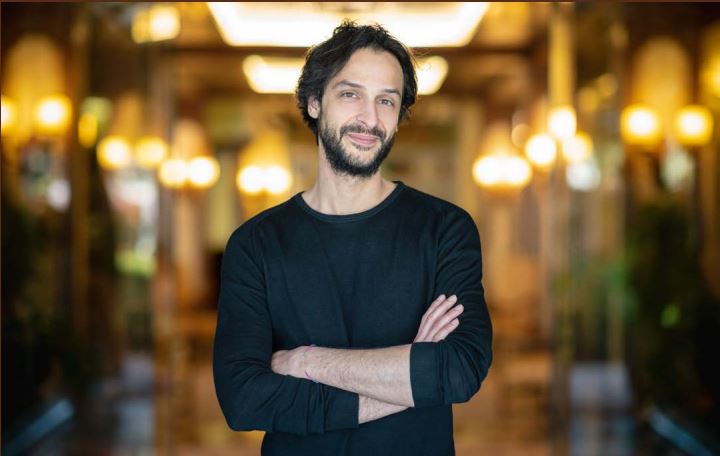
© Giovanni De Sandre




